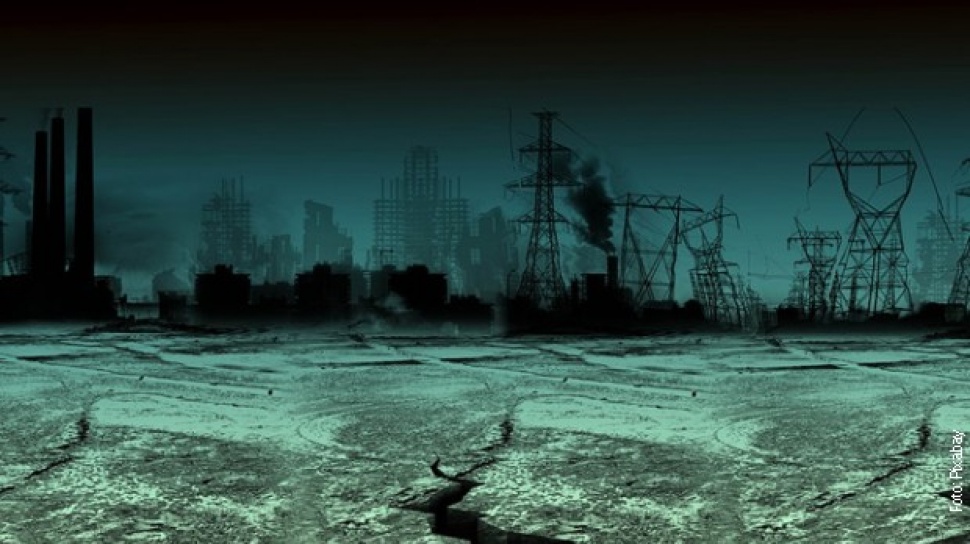The combination of the more serious consequences of climate change and a slow human reaction to them have placed humanity on a gloomy path leading to a chaotic world that could lead to a global social collapse.
This is said in a new report by the breakthrough Breakthrough National Center for Climate Restoration, presented by Chris Barry, former Chief of General Staff and retired Admiral of the Australian Navy.
"The authors have presented a cruel truth about a hopeless situation in which humanity and our planet are found. The report points out that there is a real possibility that the human race is going towards extermination, "said Barry.
One conclusion is that climate change is now a medium-term threat to human civilization and that world governments need to step up their efforts to combat global warming.
The harmful effects of global warming will be reflected in the lack of food and water in some areas, which will serve as a catalyst for existing socio-political instabilities and aggravate the turmoil and conflicts around the world.
Based on the lack of measures taken globally, the authors of the report counted on the scenario to continue with existing levels of pollution, which by 2050 would cause average temperatures to rise by three degrees Celsius compared to the pre-industrial era.
Melting glacier, destabilizing air currents and losing monsoons
The effect of this would be the melting of large ice surfaces, which in today's conditions reflects the sun's light, which would further contribute to the warming of the planet. There would be a widespread loss of permafrost, drought and death in parts of the Amazon.
"Air destabilization will significantly affect the intensity and geographic distribution of Asian and African monsoons, and together with the additional slowdown of the Golf Stream, it is questioning life-sustaining systems in Europe," the report said.
North America would be exposed to catastrophic climate extremes, including fires, heat waves, droughts ... Summer monsoons in China would be missing, and levels of large Asian rivers would be significantly lower due to the loss of more than one-third of the Himalayan ice.
The loss of glaciers in the Andes would be up to 70 percent, and precipitation in Mexico and Central America would drop by 50 percent.
The model in the study assumes that by 2100 the average temperature increases by five degrees Celsius compared to the pre-industrial period.



Share the News